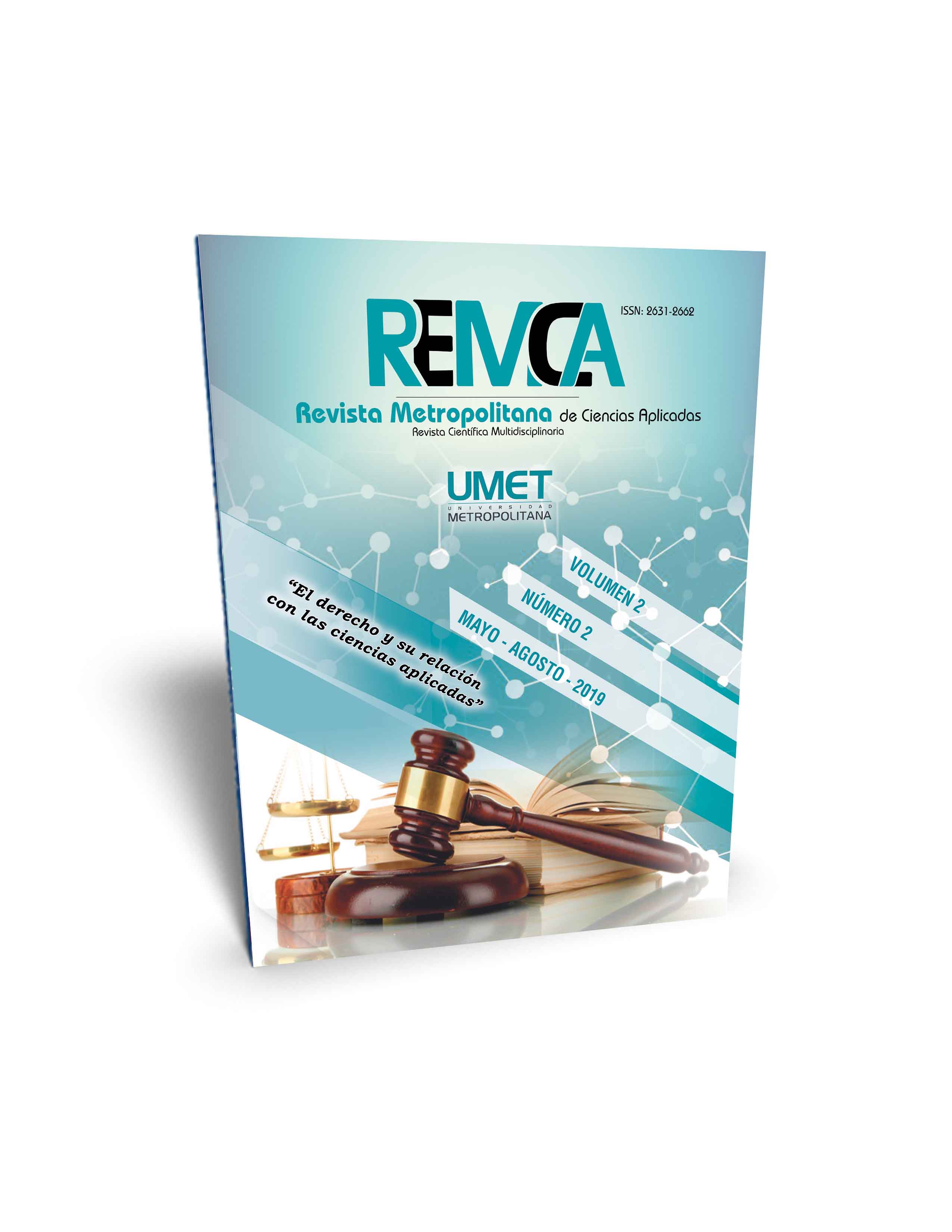Of the theory to the curricular practice in the formation of the educational one of the initial education
DOI:
https://doi.org/10.62452/s6xg1958Keywords:
Theory and curricular practice, formation of educational, initial educationAbstract
The formation of educational is a topic of a lot of present time in most of the countries, mainly, for its momentous value in connection with the improvement of the quality of the education. The educational ones during their formation should acquire knowledge that contribute the pedagogic sciences and to develop inherent abilities to the exercise of the profession that takes implicit the act of educating. One of the essential contents that all professional of the education should dominate is the relative to the theory and curricular practice. The present article approaches on the topic, starting from the derived didactic experiences of the formation of the educational one of the career Initial Education in the Metropolitan University of the Ecuador (UMET). It is meditated about relating theoretical and incorporation of conceptions and you practice integrative in the development and evaluation of matters: I design Curricular, pedagogic Models and Early Stimulation.
Downloads
References
Álamo Sánchez. G. (2015). Metodología para el diseño curricular en los Programas Nacionales de Formación (PNF). Espacio Abierto, 24(4), 129-150. Recuperado de http://www.redalyc.org/articulo.oa?id=12243813007
Fernández Cruz. M. (2004). El desarrollo docente en los escenarios del currículum y la organización. Profesorado. Revista de currículum y formación del profesorado, 8(1). Recuperado de http://www.ugr.es/local/rev81COL3.pdf
Giraldo Gil, E. (2009) Una mirada a las implicaciones de la teoría curricular en la formación de los maestros. Revista Iberoamericana de Educación, 50(8). Recuperado de http://www.rieoei.org/deloslectores/3146Gil.pdf
México. Universidad Autónoma de Baja California. (2006). Modelo educativo de la Universidad Autónoma de Baja California. Baja California: UABC.
Molina Patrón, I. (2012). La reflexión docente frente a los desafíos del currículo. Razón y Palabra, 79. Recuperado de http://acacia.org.mx/busqueda/pdf/183
Torres Santomé, J. (1989). El currículum globalizado o integrado y la enseñanza reflexiva. Cuadernos de pedagogía, 172, 8-13. Recuperado de https://dialnet.unirioja.es/servlet/autor?codigo=163665
Villar, L. M. (2000). Reflective Teaching. En, T. Husén y T. N. Postlethwaite, International Encyclopedia of Education, Second Edition. Volume. (pp. 6215-6219). London: Pergamon Press.
Downloads
Published
Issue
Section
License
Copyright (c) 2019 María Antonia Estévez Pichs, Adalia Lisett Rojas Valladares, Ignacio García Álvarez (Autor/a)

This work is licensed under a Creative Commons Attribution-NonCommercial-ShareAlike 4.0 International License.
Authors who publish in Revista Metropolitana de Ciencias Aplicadas (REMCA), agree to the following terms:
1. Copyright
Authors retain unrestricted copyright to their work. Authors grant the journal the right of first publication. To this end, they assign the journal non-exclusive exploitation rights (reproduction, distribution, public communication, and transformation). Authors may enter into additional agreements for the non-exclusive distribution of the version of the work published in the journal, provided that acknowledgment of its initial publication in this journal is given.
© The authors.
2. License
The articles are published in the journal under the Creative Commons Attribution-NonCommercial-ShareAlike 4.0 International License (CC BY-NC-SA 4.0). The terms can be found at: https://creativecommons.org/licenses/by-nc-sa/4.0/deed.en
This license allows:
- Sharing: Copying and redistributing the material in any medium or format.
- Adapting: Remixing, transforming, and building upon the material.
Under the following terms:
- Attribution: You must give appropriate credit, provide a link to the license, and indicate if any changes were made. You may do this in any reasonable manner, but not in any way that suggests the licensor endorses or sponsors your use.
- NonCommercial: You may not use the material for commercial purposes.
- ShareAlike: If you remix, transform, or build upon the material, you must distribute your creation under the same license as the original work.
There are no additional restrictions. You may not apply legal terms or technological measures that legally restrict others from doing anything the license permits.




